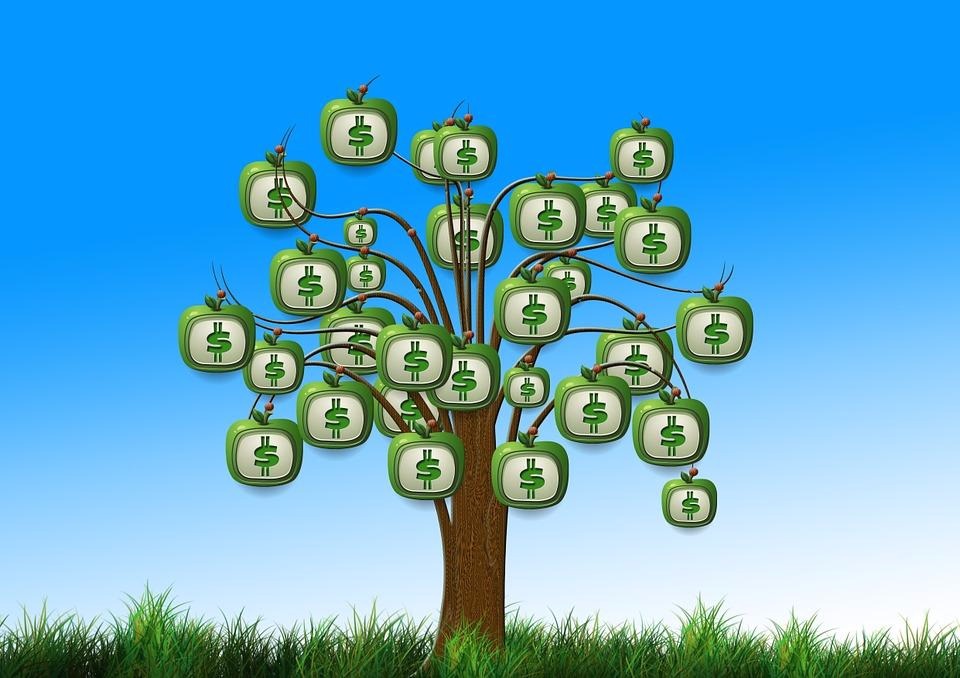One out of five new contracts of life insurance companies in Korea is canceled within one year of signing.
It is analyzed that the cases of early termination of insurance contracts are increasing as the burden of household debt repayment increases due to a prolonged recession. As interest rates rise, more and more people are stepping up to other investment destinations instead of insuring them for up to several decades.
According to the insurance industry on April 4, the five new life insurance companies, including Samsung Life Insurance, Hanwha Life Insurance, Tong Yang Life Insurance, ING Life Insurance and Mirae Asset Life Insurance, maintained their average 13 new contracts for the first three quarters Compared with 85 percent in the same period last year.
The 13th maintenance rate is the rate at which insurance contracts are maintained until the 13th month after the initial conclusion. For example, if the retention rate is 80%, eight out of ten contracts have been maintained for more than one year.
During this period, the retention rate of four life insurers excluding Tong Yang Life Insurance decreased for the 13th consecutive period. ING Life, which has the lowest rate of retention, fell to 70%, making it one year out of five.
The maintenance rate of medium-sized ING Life was down 3.5% from 79.4% to 83.9%. Mirae Asset Life also dropped 3.2 percent to 83.3 percent from 86.5 percent.
Samsung Life Insurance, the largest company, dropped 1.6 percent from 89.6 percent to 88 percent, and Hanwha Life dropped 0.1 percent to 85.5 percent from 85.6 percent. In the case of Samsung Life Insurance, the 25th retention rate, ie, the percentage of new contracts held until the 25th month, dropped from 76.3% to 75.7% along with 0.6% points.
Tongyang Life was the only company with 82.6% increase from 79.9%.
The reason for the decline in new contract retention rates of major life insurance companies is that household debt increases and wallets become thinner due to the economic downturn.
According to the Bank of Korea, as of the end of the third quarter, the balance of household debt reached 1,419 trillion won. In the third quarter, it increased by 31.2 trillion won to exceed 1,400 trillion won.
"As interest rates rise with the economic downturn, it seems that customers who are burdened with household debt are having trouble keeping insurance," an insurance official said.
As the real low-interest-rate era has come to an end and interest rate hikes have started to take off, the burden of household debt repayment is becoming more burdensome. In response to the interest rate hike in the market ahead of the benchmark interest rate hike, consumers have stepped up their efforts to find other investment destinations such as banks and securities.
The Bank of Korea raised its benchmark interest rate by 0.25 percentage point from 1.55 percent to 1.5 percent on March 30. As a result, Woori Bank raised interest rates on deposits by up to 0.3 percentage points and so interest rates are rising.
"Others have been interested in long-term insurance because of long-term low-interest rates, but recently, interest rate hikes have prompted short-term premium customers to turn to other investment products in an attempt to boost their profitability," the other official said.
'Finance' 카테고리의 다른 글
| Bitcoin warning voices also ... 'Institutional rights' (0) | 2017.12.05 |
|---|---|
| Nice to meet you, 2% deposit rate (0) | 2017.12.05 |
| When the interest rate rises, the inflation initiates at the same time (0) | 2017.12.05 |
| the interest rate adjustment time difference ... Because of bank and play? (0) | 2017.12.05 |
| Korea's foreign exchange reserves have topped their record highs. (0) | 2017.12.05 |
WRITTEN BY
- Smart Money
Looking forward to becoming a financially independent person in 3 years. I Shall be one for sure.







